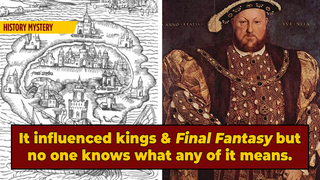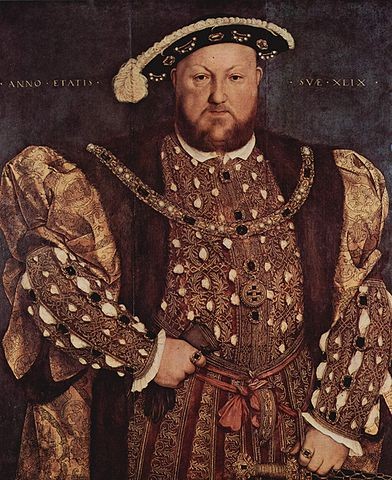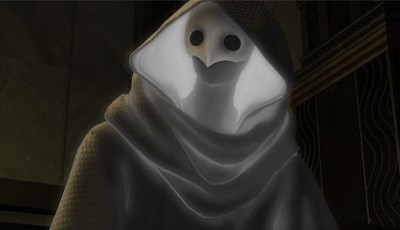'Utopia' Is One Of Our Most Important Books (That We Know Nothing About)

Thomas More's Utopia is a pretty important little book. It gave us the word we use to describe ideal societies and influenced everything from the king More worked for ...

... to the Final Fantasy franchise ...

... so you'd think we'd have some idea what it's about, but no one can agree on whether More actually believed that women's liberation, embracing multiple religions, and the abolition of private property and the legal profession would lead to, well, utopia.
For one thing, he factually didn't. He was the opposite of all of those things: a renowned lawyer and a medieval Catholic so devout that he literally died for it. Did he have a change of heart at some point in his life? Was this his version of "This is the future liberals want," and everyone misunderstood? Was he just, like, really self-hating? It's not clear. The prevailing theory is that More, like his character in the book, did believe in the principles that governed Utopia but didn't think they could be realistically implemented, so he toed the party line, but like, it turns out you don't have to outlaw private property to let women divorce, so what the fuck, More?
He seems to have left clues in the form of the language he used in the book because that's where we're at: a linguistic scavenger hunt. But if anything, they only raise more questions. Utopia, for example, literally translates to "nowhere," and the name of the character who espouses its virtues to outsiders means "purveyor of nonsense," pointing to the possibility that More was just making shit up, and it's a silly story that means nothing. Some scholars have countered that it seems unlikely that More would have spent so much time on something so meaningless, but all that proves is that they've never downloaded TikTok.
Manna, regrettably, has a Twitter.
Top image: Siora Photography/Unsplash